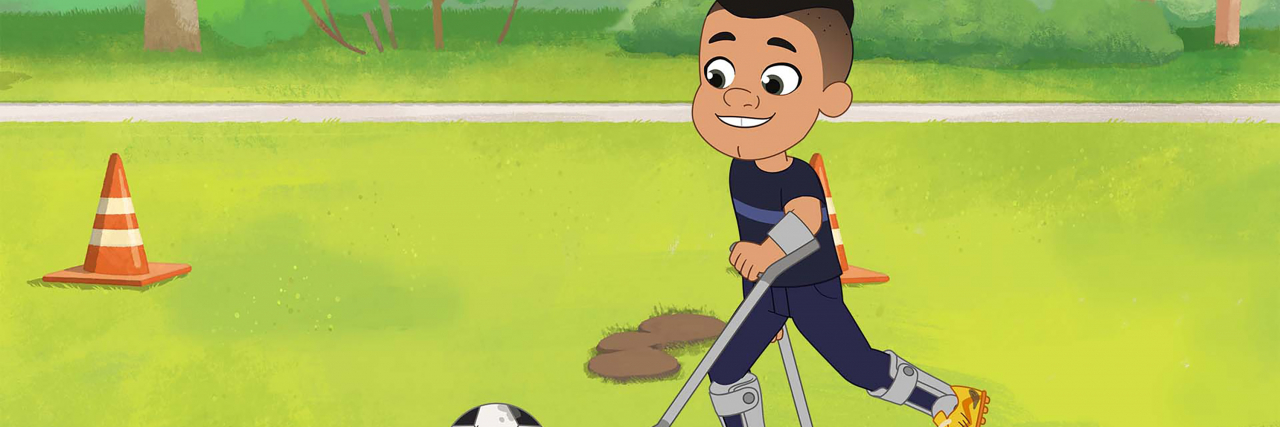
Photo mine.
On July 18th, 2020, I sent a characteristically overwrought email to some of my dearest friends. This email would change my life. Of course, because of the pandemic, all of my theater related activities were put on hold or in the case of my spring musical, permanently cancelled. Oddly enough, one of my most significant projects sprung out of this aforementioned void, caused by a sudden and very lonely influx in free time.
I had recently discovered a play adaptation of one of my most rewatched comfort films, the endlessly quotable Clue. It had pulled me in from a young age with its surprisingly stacked cast, witty irreverence, and bouncy slapstick charm. It was a perfect melding of all my sensibilities, past and present, and when I first saw it, it only deepened my already intense love for murder mysteries. I was delighted by the simple elegance of its premise:
“Based on the… 1985 Paramount movie which was inspired by the classic Hasbro board game…The tale begins at a remote mansion, where six mysterious guests assemble for an unusual dinner party where murder and blackmail are on the menu. When their host turns up dead, they all become suspects. Led by Wadsworth – the butler, Miss Scarlett, Professor Plum, Mrs. White, Mr. Green, Mrs. Peacock and Colonel Mustard race to find the killer as the body count stacks up. Clue is the comedy whodunit that will leave both cult-fans and newcomers in stitches as they try to figure out…WHO did it, WHERE, and with WHAT!”
I was able to develop my dream cast in less than five minutes and was then fortunate enough to get them to agree. Given that I can’t resist a good cheesy pun and some light assonance and alliteration, I colloquially dubbed them The Clue Crew. Looking back on it in retrospect, I am keenly aware that I was spiritless during this time, and was seeking a way to interact with my buddies. I was subconsciously aware that major changes were happening in the lives of my companions and how hard it is to maintain friendships in times of transition. The performance, which I originally thought would be seen only by myself and my cast, was not only one of my most joyful experiences ever, it gave me a sense of purpose.
I could not have imagined the scale of what would happen next. The virtual licensing rights were made available just a week after we finished shooting over Zoom, and what followed were hours of painstaking editing, publicizing, legal complications, and funding issues. However, our bonds were stronger, and against all odds, the curtain on my directorial debut rose on January 2nd, 2021.
After months of false starts. It meant everything and more, my small pandemic-formed production company is now a legal entity and will hopefully be seeing many more curtain rises in the future, hoping to spread community joy, engagement, and continue to strengthen the ties of the family that we find and make along the way.






